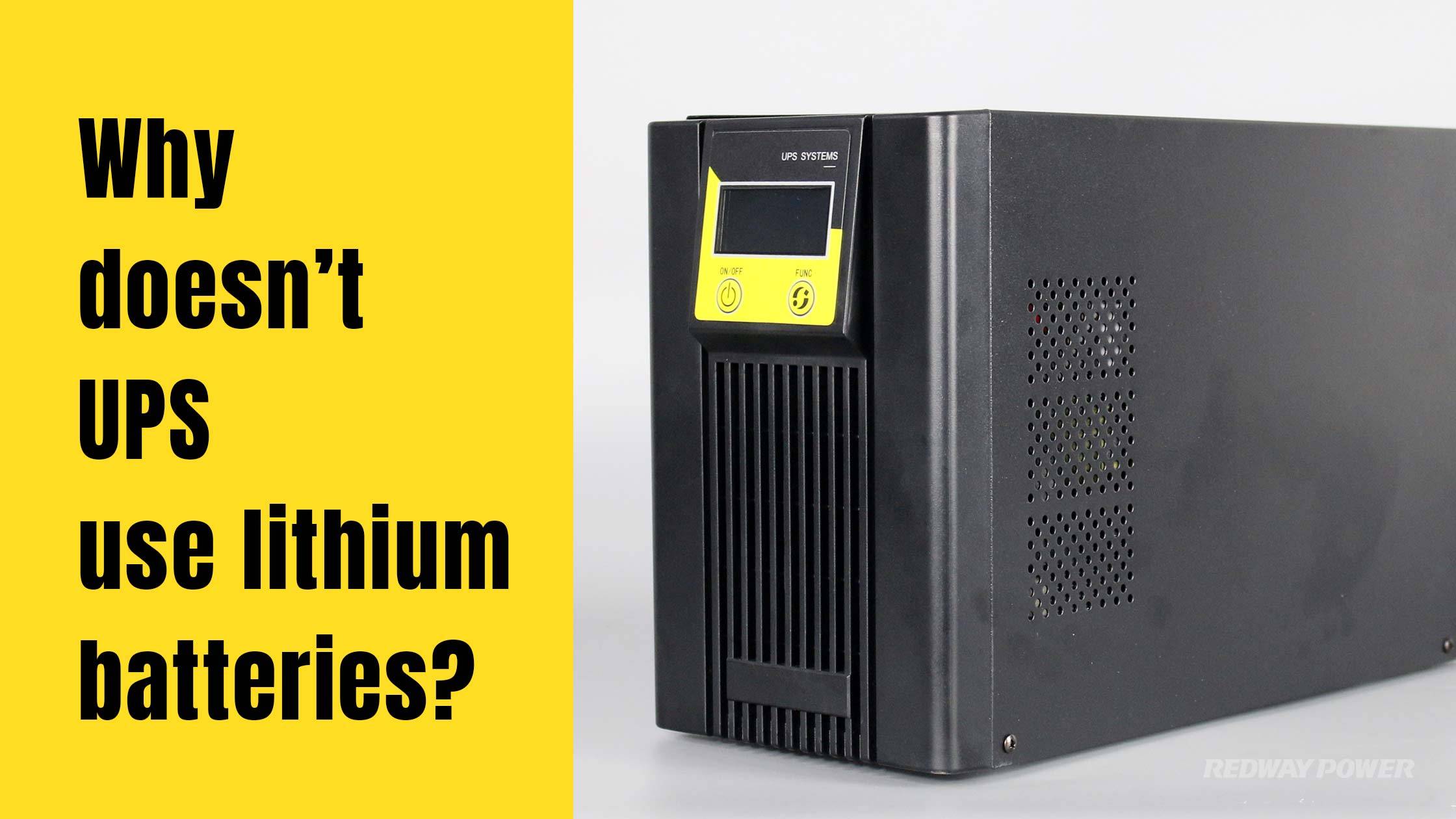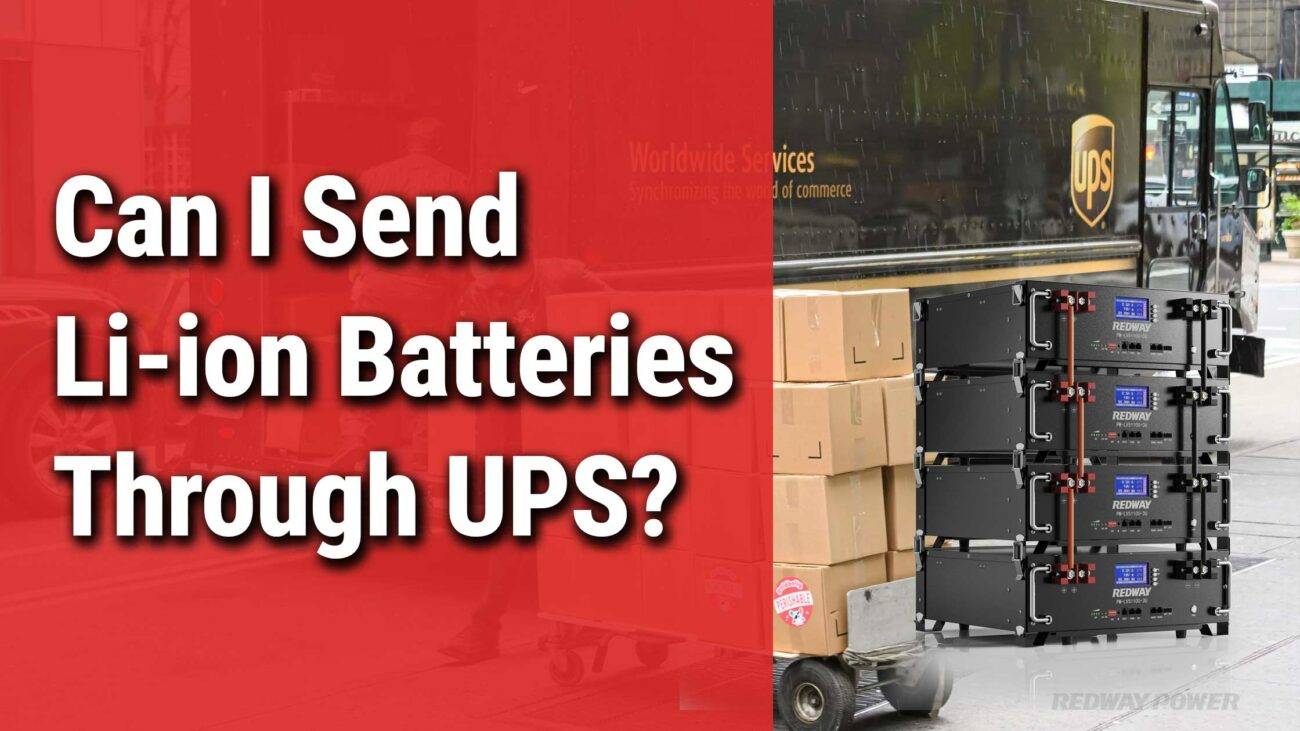- Forklift Lithium Battery
-
48V
- 48V 210Ah
- 48V 300Ah
- 48V 420Ah (949 x 349 x 569 mm)
- 48V 420Ah (950 x 421 x 450 mm)
- 48V 456Ah
- 48V 460Ah (830 x 630 x 590 mm)
- 48V 460Ah (950 x 421 x 450 mm)
- 48V 460Ah (800 x 630 x 600 mm)
- 48V 460Ah (820 x 660 x 470 mm)
- 48V 500Ah
- 48V 560Ah (810 x 630 x 600 mm)
- 48V 560Ah (950 x 592 x 450 mm)
- 48V 600Ah
- 48V 630Ah
-
48V
- Lithium Golf Cart Battery
- 12V Lithium Battery
12V 150Ah Lithium RV Battery
Bluetooth App | BCI Group 31
LiFePO4 Lithium
Discharge Temperature -20°C ~ 65°C
Fast Charger 14.6V 50A
Solar MPPT Charging - 24V Lithium Battery
- 36V Lithium Battery
- 48V Lithium Battery
-
48V LiFePO4 Battery
- 48V 50Ah
- 48V 50Ah (for Golf Carts)
- 48V 60Ah (8D)
- 48V 100Ah (8D)
- 48V 100Ah
- 48V 100Ah (Discharge 100A for Golf Carts)
- 48V 100Ah (Discharge 150A for Golf Carts)
- 48V 100Ah (Discharge 200A for Golf Carts)
- 48V 150Ah (for Golf Carts)
- 48V 160Ah (Discharge 100A for Golf Carts)
- 48V 160Ah (Discharge 160A for Golf Carts)
-
48V LiFePO4 Battery
- 60V Lithium Battery
-
60V LiFePO4 Battery
- 60V 20Ah
- 60V 30Ah
- 60V 50Ah
- 60V 50Ah (Small Size / Side Terminal)
- 60V 100Ah (for Electric Motocycle, Electric Scooter, LSV, AGV)
- 60V 100Ah (for Forklift, AGV, Electric Scooter, Sweeper)
- 60V 150Ah (E-Motocycle / E-Scooter / E-Tricycle / Tour LSV)
- 60V 200Ah (for Forklift, AGV, Electric Scooter, Sweeper)
-
60V LiFePO4 Battery
- 72V~96V Lithium Battery
- Rack-mounted Lithium Battery
- E-Bike Battery
- All-in-One Home-ESS
- Wall-mount Battery ESS
-
Home-ESS Lithium Battery PowerWall
- 24V 100Ah 2.4kWh PW24100-S PowerWall
- 48V 50Ah 2.4kWh PW4850-S PowerWall
- 48V 50Ah 2.56kWh PW5150-S PowerWall
- 48V 100Ah 5.12kWh PW51100-F PowerWall (IP65)
- 48V 100Ah 5.12kWh PW51100-S PowerWall
- 48V 100Ah 5.12kWh PW51100-H PowerWall
- 48V 200Ah 10kWh PW51200-H PowerWall
- 48V 300Ah 15kWh PW51300-H PowerWall
PowerWall 51.2V 100Ah LiFePO4 Lithium Battery
Highly popular in Asia and Eastern Europe.
CE Certification | Home-ESS -
Home-ESS Lithium Battery PowerWall
- Portable Power Stations
Why Doesn’t UPS Use Lithium Batteries?

UPS does utilize lithium batteries for certain applications, but there are significant challenges and regulations associated with their use. These factors include safety concerns, regulatory compliance, and cost implications. Understanding these issues can help clarify why UPS may not prioritize lithium batteries as much as other types.
What are the regulations for shipping lithium batteries through UPS?
UPS follows stringent regulations set by various governing bodies, including the International Air Transport Association (IATA) and the U.S. Department of Transportation (DOT). These regulations classify lithium batteries as hazardous materials due to their potential fire risk. Shipments must comply with specific packaging, labeling, and documentation requirements to ensure safe transport.Chart: Overview of Shipping Regulations
| Regulation Type | Description |
|---|---|
| UN3480 | Lithium ion batteries packed alone |
| UN3090 | Lithium metal batteries packed alone |
| Dangerous Goods Contract | Required for certain shipments |
Why are lithium batteries considered hazardous materials?
Lithium batteries are classified as hazardous materials primarily due to their flammability and risk of thermal runaway. If damaged or improperly handled, they can overheat, catch fire, or even explode. This inherent risk necessitates strict handling and shipping protocols.Chart: Reasons for Hazard Classification
| Hazard Type | Description |
|---|---|
| Flammability | Risk of fire if damaged |
| Thermal Runaway | Overheating can lead to explosions |
| Regulatory Compliance | Requires adherence to safety regulations |
What challenges does UPS face with lithium batteries?
UPS encounters several challenges when dealing with lithium batteries:
- Safety Risks: The potential for fires during transit requires stringent safety measures.
- Complex Regulations: Navigating various international shipping laws can be complicated.
- Cost Implications: The need for specialized packaging and handling increases operational costs.
How does UPS ensure safety when handling batteries?
UPS implements multiple safety measures when handling lithium batteries, including:
- Training Employees: Staff are trained on proper handling and emergency procedures.
- Specialized Packaging: Use of appropriate packaging materials that comply with regulations.
- Regular Inspections: Ongoing inspections of battery shipments to identify potential hazards.
Chart: Safety Measures Overview
| Measure | Description |
|---|---|
| Employee Training | Ensures staff understand risks and procedures |
| Specialized Packaging | Complies with safety regulations |
| Regular Inspections | Identifies hazards before transport |
What are the benefits of lithium-ion batteries in UPS systems?
Lithium-ion batteries offer several advantages over traditional lead-acid options:
- Longer Lifespan: Typically last longer (10-15 years) compared to lead-acid (5-7 years).
- Higher Energy Density: Provide more power in a smaller footprint.
- Less Maintenance: Require minimal maintenance compared to lead-acid counterparts.
Why do some companies hesitate to use lithium batteries?
Despite their advantages, some companies remain hesitant due to:
- Higher Initial Costs: The upfront investment for lithium-ion systems is significantly higher than lead-acid.
- Perceived Safety Risks: Concerns about potential fire hazards can deter adoption.
- Lack of Familiarity: Companies may prefer traditional technologies they understand well.
How do cost and safety concerns influence battery choices?
Cost and safety are critical factors influencing battery selection:
- Initial Investment vs. Long-Term Savings: While lithium-ion offers lower total cost of ownership over time, the initial purchase price can be a barrier.
- Operational Safety: Companies prioritize safe operations; any perceived risk can sway decisions toward safer alternatives like lead-acid.
Chart: Cost vs. Safety Considerations
| Factor | Lithium-Ion | Lead-Acid |
|---|---|---|
| Initial Cost | Higher | Lower |
| Lifespan | Longer (10-15 years) | Shorter (5-7 years) |
| Maintenance | Minimal | Moderate |
| Safety | Higher perceived risks | Established safety record |
What alternatives to lithium batteries are commonly used?
Common alternatives include:
- Lead-Acid Batteries: Widely used due to lower costs and established technology.
- Nickel-Cadmium (NiCd): Used in specific applications requiring high discharge rates but less common in general use today.
- Nickel-Metal Hydride (NiMH): Occasionally used but typically not favored for large-scale applications.
What are the key issues with lithium battery technology?
Key issues include:
- Cost Variability: Prices can fluctuate based on raw material availability.
- Thermal Management Challenges: Ensuring safe operation under varying conditions is crucial.
- Recycling Concerns: Developing effective recycling methods remains a challenge.
How do lithium batteries compare to lead-acid batteries?
Lithium and lead-acid batteries differ significantly in several aspects:
- Weight and Size: Lithium is lighter and more compact than lead-acid.
- Performance: Lithium offers better performance at low temperatures and higher discharge rates.
- Cycle Life: Lithium typically has a longer cycle life compared to lead-acid.
Chart: Comparison Overview
| Feature | Lithium-Ion | Lead-Acid |
|---|---|---|
| Weight | Lighter | Heavier |
| Size | More compact | Bulkier |
| Performance | Better at low temps | Limited performance in cold |
| Cycle Life | 10-15 years | 5-7 years |
Why is there resistance to transitioning to lithium solutions?
Resistance stems from several factors:
- Established Practices: Many companies have long relied on lead-acid technology.
- Training Needs: Transitioning requires employee training on new technologies.
- Investment Hesitancy: Companies may be reluctant to invest in new systems without clear ROI.
What innovations are emerging in battery technology?
Recent innovations include:
- Improved Thermal Management Systems: Enhancements that mitigate overheating risks.
- Advanced BMS Technologies: Better monitoring systems that optimize performance and safety.
- Cost Reductions in Manufacturing: Efforts aimed at lowering production costs for lithium technologies.
Industrial News
The landscape for battery technology continues to evolve rapidly, particularly regarding lithium-ion solutions for uninterruptible power supplies (UPS). Recent reports highlight a growing trend among data centers and commercial facilities to adopt these technologies due to their efficiency, longevity, and reduced space requirements compared to traditional lead-acid systems, despite ongoing concerns about cost and safety.
Redway Power Insights
“Transitioning from traditional lead-acid systems to lithium-ion technology presents both challenges and opportunities,” states an industry expert. “While initial costs may be higher, the long-term benefits such as reduced maintenance and longer lifespan make it a worthwhile investment for many businesses.”















